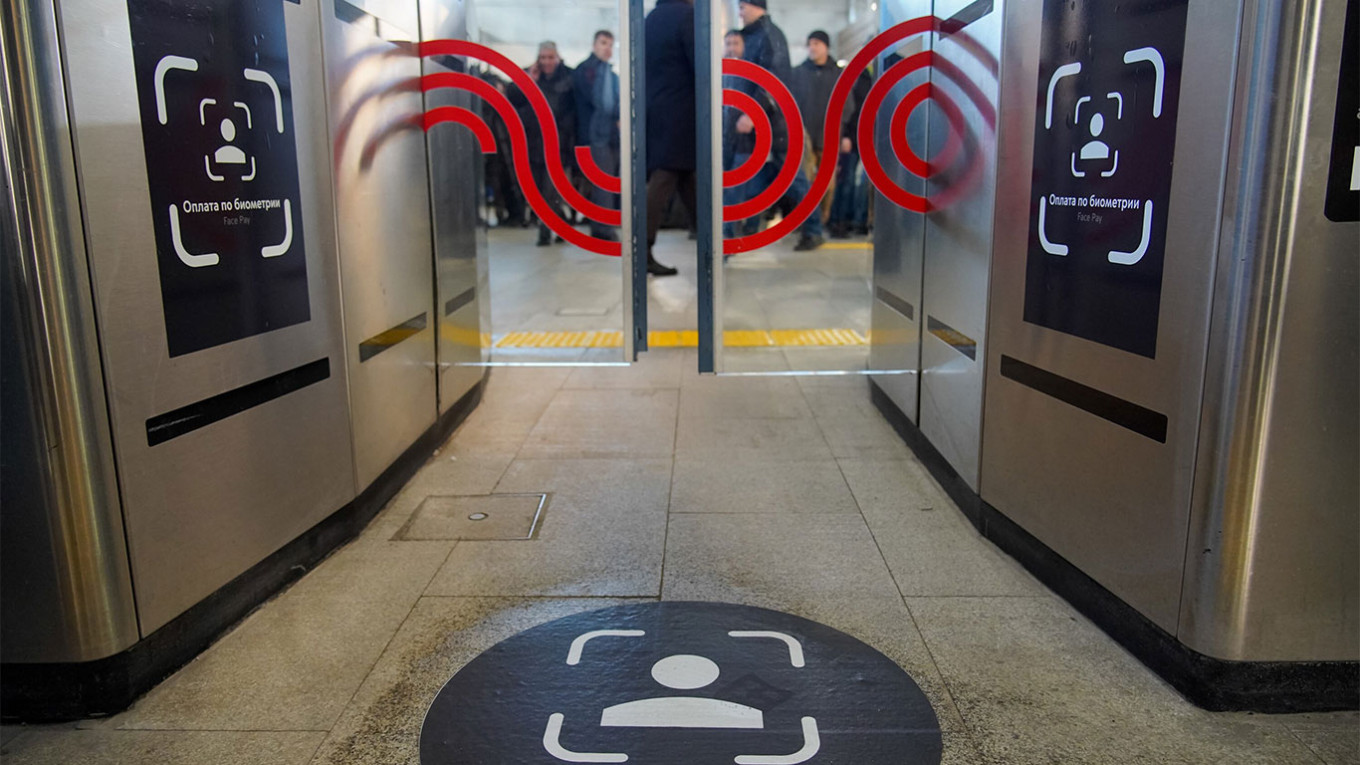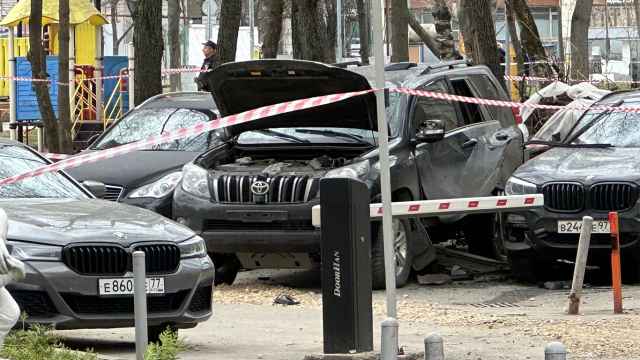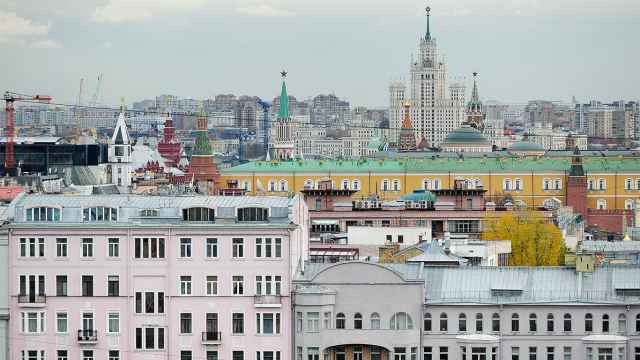While Russia's mobilization of reservists to bolster its manpower on the frontline of the war with Ukraine has dominated news coverage of Russia in recent weeks, the hidden mobilization of Russia's public administration to thwart any form of resistance to Putin's regime has been underway since well before the start of the invasion.
Russia's online censorship agency Roskomnadzor has been monitoring online protest activities since 2020. In every Russian region, local branches of Roskomnadzor trace "points of tension," or events that could cause public discontent. Their primary goal is to identify local troublemakers, whose names they then share with the Federal Security Services (FSB) and the Interior Ministry to ensure they are punished.
Part of the Ministry of Digital Development and thus not officially a law enforcement agency at all, Roskomnadzor was created to ensure that telecom companies complied with license requirements. However, it now acts as an element of Russia's security apparatus.
In the spring and summer, before the Russian government had taken to suppressing any form of anti-war protest, activists in Moscow were frequently surprised by how quickly they were identified by CCTV facial recognition technology.
These systems are run not by the FSB or the Interior Ministry, but by Moscow’s Department of Information Technology (DIT), the main purpose of which is to oversee the introduction of new technology to the Moscow administration. Although Roskomnadzor employees and DIT officials do know who they are after, they now have become full members of the Russian surveillance state.
The more technologically savvy a particular department is, the more its cooperation with the apparatus of state repression is required. During mobilization, the DIT moved on from providing data on the movements of anti-war protesters in the capital to issuing call-up papers to eligible Muscovites using its database of the Moscow population. What's more, the DIT has recently announced plans to build a national data center storing facial recognition data.
It would be easy to see these developments as a direct consequence of the war, but its foundations were in fact laid during the apparently benign 2008-2012 presidency of Dmitry Medvedev, when the Kremlin feared that the 2008 economic crisis could start a revolution.
Kremlin paranoia prompted Medvedev to initiate a national campaign against "extremism," involving a massive restructuring of the Interior Ministry that established regional anti-extremism bureaus across the country with a large Moscow-based headquarters tasked with coordinating their efforts.
Perhaps even more significantly, Russian law enforcement principles were changed: instead of reacting to threats, the authorities emphasized their prevention. The Interior Minister then announced that "the prevention and monitoring of what is going on in the sphere of extremist activities" would be the anti-extremism department's focus. How can one prevent a crime before it has taken place? The answer for the Medvedev administration was obvious: by identifying and drawing up lists of potential activists and protesters.
"Extremism has become one of the major factors posing a threat to the national security of the Russian Federation," a 2008 plan jointly issued by the General Prosecutor’s Office, the FSB, and the Interior Ministry said.
The plan listed a broad set of groups deemed to be potential threats to the state, from civil society associations and independent religious communities to "informal youth groups" and, inevitably, opposition parties and movements.
Medvedev and his advisers believed that technology offered solutions to many public administration issues – including countering extremism – and undertook a national campaign of systematic data collection on Russian citizens, which was led by the Interior Ministry and the FSB with significant support provided by Russian banks and telecom companies.
Putin inherited this increased investment in surveillance upon his return to the presidency in 2012, and by 2022 it began delivering results.
Since the invasion of Ukraine, the Kremlin has enlisted the assistance of not only government agencies with no traditional role in law enforcement, but also private telecom companies, effectively making them into arms of the security services.
While the Kremlin's determination to root out dissent during wartime may have expedited this process to a degree, in a country that has for years been showing increasingly authoritarian tendencies, this development appears to have been inevitable, with or without the invasion of Ukraine.
This article was originally published by The Center for European Policy Analysis.
A Message from The Moscow Times:
Dear readers,
We are facing unprecedented challenges. Russia's Prosecutor General's Office has designated The Moscow Times as an "undesirable" organization, criminalizing our work and putting our staff at risk of prosecution. This follows our earlier unjust labeling as a "foreign agent."
These actions are direct attempts to silence independent journalism in Russia. The authorities claim our work "discredits the decisions of the Russian leadership." We see things differently: we strive to provide accurate, unbiased reporting on Russia.
We, the journalists of The Moscow Times, refuse to be silenced. But to continue our work, we need your help.
Your support, no matter how small, makes a world of difference. If you can, please support us monthly starting from just $2. It's quick to set up, and every contribution makes a significant impact.
By supporting The Moscow Times, you're defending open, independent journalism in the face of repression. Thank you for standing with us.
Remind me later.










